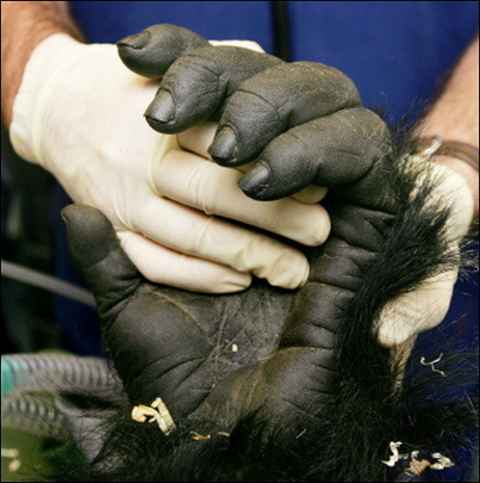- Joined
- Mar 13, 2012
- Messages
- 3
- Reaction score
- 0
I volunteered last summer on a mission trip overseas to help improve my application. During this trip, I was able to do some more hands-on work with patients. Recently I came across threads saying that taking such an approach can be harmful to the application, since it might end up looking unethical. I even heard that the University of Michigan actually rejected applicants based on what the applicants did overseas! Now I'm not sure whether to mention these details on my upcoming AMCAS application. I don't know what will hurt my application more, not mentioning the details and looking like I only took the trip to pad my application, or mention the details, but risk looking unethical in the eyes of the ADCOM.
I only found the AAMC guidelines recently: https://www.aamc.org/download/181690/data/guidelinesforstudentsprovidingpatientcare.pdf
Would you mention the finer details? Help!!!
I only found the AAMC guidelines recently: https://www.aamc.org/download/181690/data/guidelinesforstudentsprovidingpatientcare.pdf
Would you mention the finer details? Help!!!




